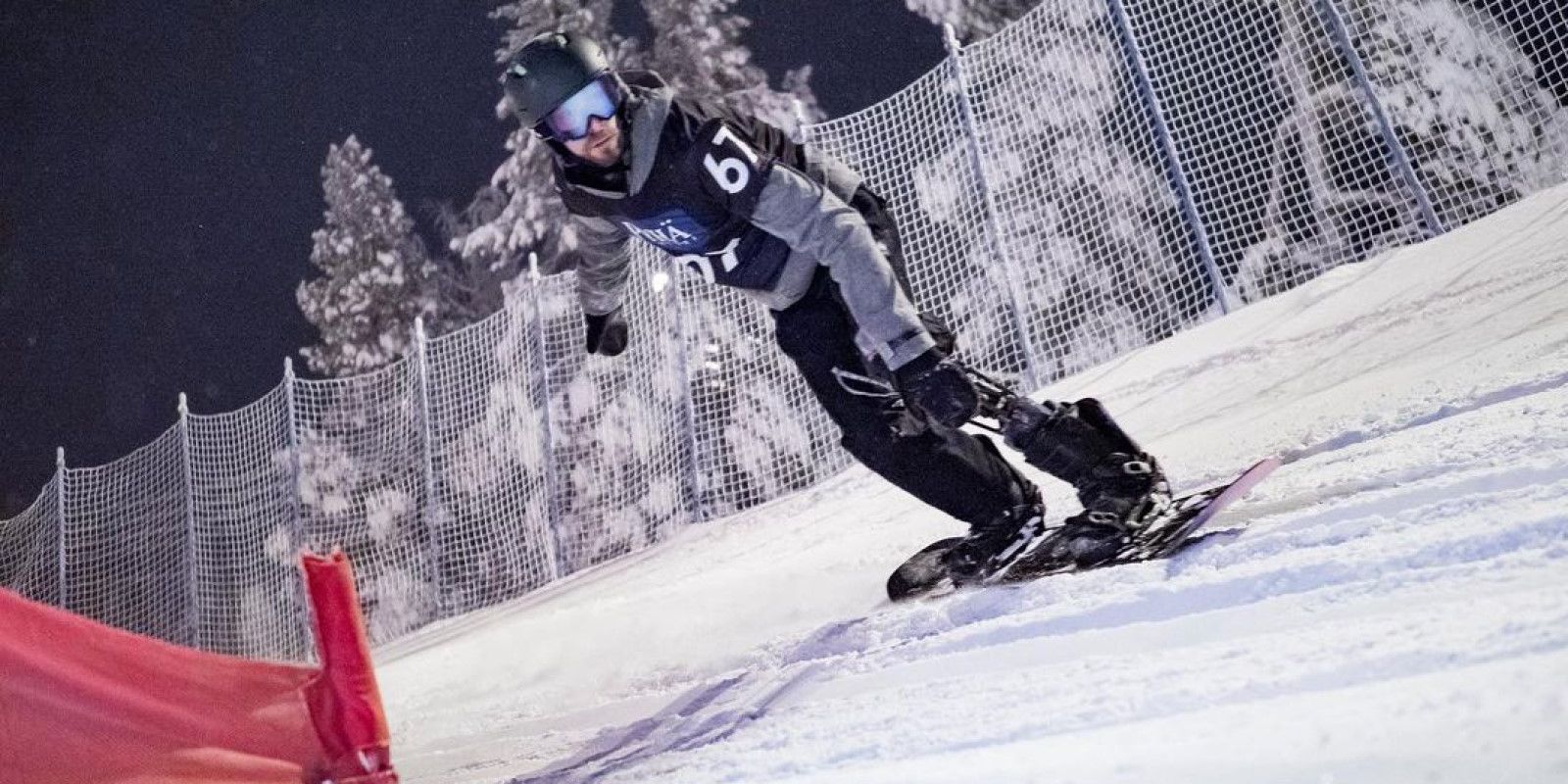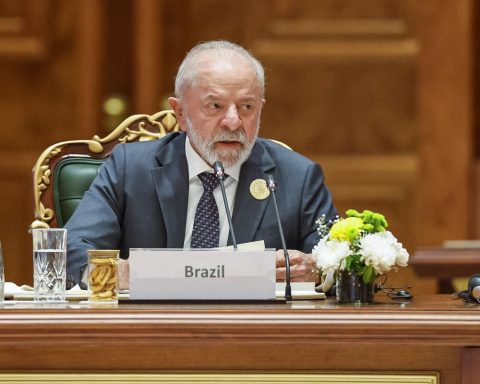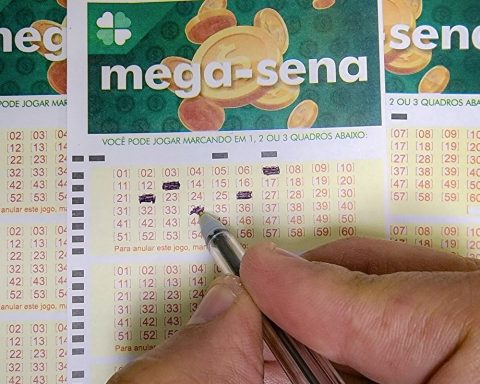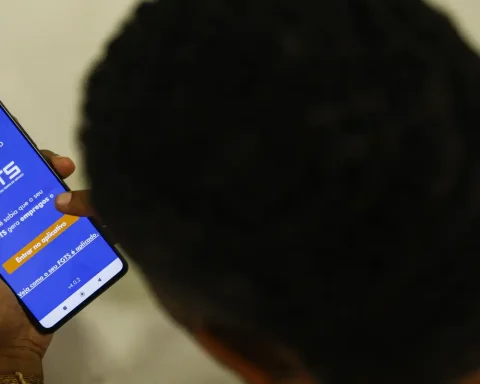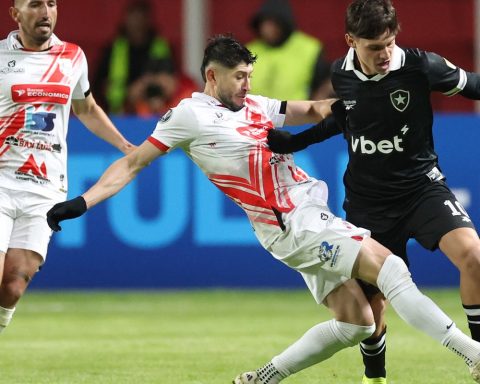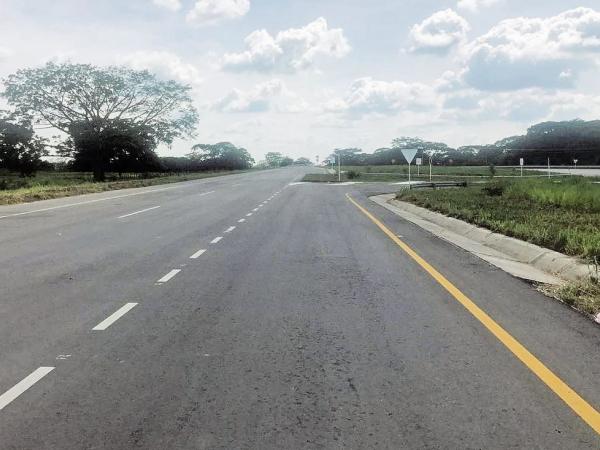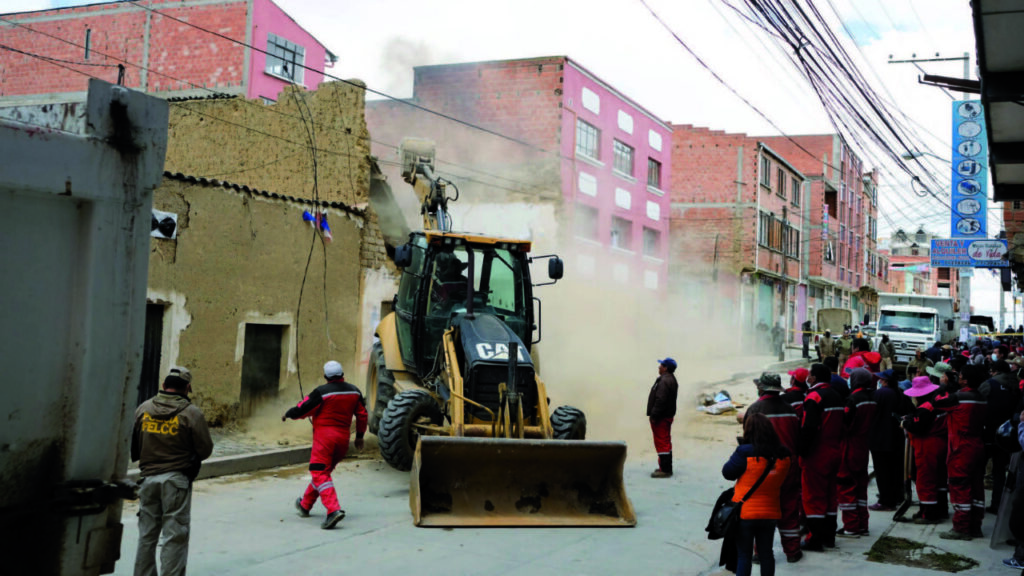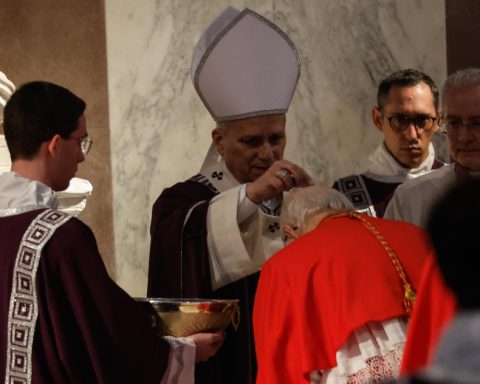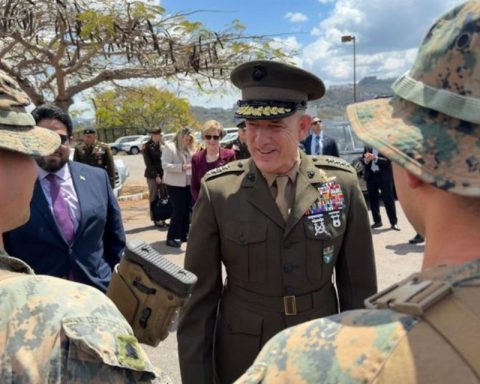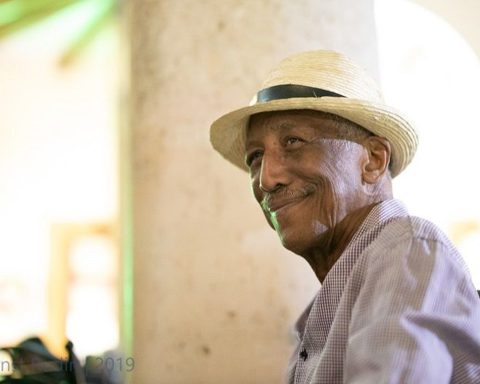15 years ago, surfing took André Barbieri to the United States. The gaucho left his hometown of Lajeado, 114 kilometers from the capital Porto Alegre, for Santa Barbara, a municipality in the state of California, known for having some of the best waves in the world. Also practiced on top of a board, but in the snow, snowboarding was already another passion, which did not leave his heart even after the serious accident he had in 2011, when he fell during a descent on Mammoth Mountain (also in California) and broke the femur of the left leg, which had to be amputated above the knee.
“I knew I would go back to snowboarding. I never had trauma. But as I almost died, every time I went back to the snow it was a lot of apprehension in the family. Sometimes, to spend a weekend in the snow, it felt like I needed to sneak out. Now that I’m a father, I understand the scare. But it’s the sport that almost cost me my life, that cost me my leg above the knee [após quatro cirurgias em cinco dias] and to which I returned at the highest possible competitive level”, recalls André to Brazil Agency.
The gaucho still surfs (on his knees, without prosthesis), but it is the adapted snowboard, which he has been practicing since 2018, that has given him the freedom to stand on the board again. In a month he will represent Brazil in the 2002 Winter Paralympics (Beijing) in the modality, in the LL1 class (athletes with above-the-knee amputations). He is the only member of the delegation who is not a cross-country skier.. It will be the first Paralympic experience for the 40-year-old skier, who had hit the beam in search of a spot in the 2016 Games (Rio de Janeiro) in triathlon.
André will be in the two snowboard events. One is the banked slalom, in which the athlete descends a track with gates three times (gates, in the English translation, which must be bypassed on the inside) and the best time indicates the winner. In cross, competitors also face three descents, in a course with different jumps and obstacles. The best mark determines the knockout heats, where whoever completes the path in front advances to the next phase, until the medalists are defined.
“Cross has a lot of variables, including luck. It is the first time at the Paralympics that there will be four athletes together. [na bateria]. It has already happened that the crowd collided and fell. In that, I pass the guys and they don’t get me anymore. In the cross there are more chances of the person to do well. It’s like football. It’s not necessarily the team that everyone thinks is stronger that will win”, analyzed the Brazilian, who occupies the 17th place in the cross world ranking and 21st in the slalom.
At the moment André is in Canada to compete in a stage of the World Cup in the sport at the Big White resort, in Kelowna, starting on Friday (11). It will be the opportunity for the gaucho to test the newly acquired boards that he will use in Beijing, where he will go after the competition and a period of training, essential for adapting to the new equipment.
“Normal boards are more flexible. If you make a mistake it absorbs and you probably don’t fall. The beak is more rounded, so you enter a curve in different ways. The board I’ve been using is stiffer, more for the competition side, but the new ones are on another level of stiffness. There are several layers, including titanium and carbon fiber. They don’t allow for so much error. Technique and movement have to be more perfect. Training a whole month with them will make a difference. I think these boards will help me get closer to the favorites,” she assessed.
In the current winter season, which started in November, André competed in the Landgraaf (Netherlands) and Pyha (Finland) stages of the snowboard World Cup. In Dutch territory, the gaucho obtained a 12th place and a 13th place in the banked slalom, where he competed for the first time with the North American Mike Schultz, Paralympic champion, who created the prostheses used by most skiers. Already in the Finnish mountains he obtained a 9th and a 10th position.
“THE [pandemia da] covid-19 generally reduced the evidence. I’ve had my snowboard prosthesis for three years, but as I only use it in the snow, it has little use, about 60 days at most. There are a lot of things I’m still testing, but I adapt quickly and I’m on an upswing. If there are 20 athletes [na prova], I want to be among the ten. The guys have two Paralympics, nine or ten years competing, but just the fact that I almost died snowboarding and ten years later I got to a Paralympics is a big win. Anything can happen”, projected the Brazilian.
“Being realistic? The chance of a medal is low, but who is in the rain is to get wet. I don’t want to belittle myself for having more experience. I even take this to my advantage, because no one is focused on me. Leave it alone, leave it alone. Maybe I can make a noise there”, concluded the skier.
Snowboarding competitions at the Beijing Paralympics begin on March 6, two days after the opening. In the last editions Brazil was represented by André Cintra. At the 2014 Games (Sochi) the São Paulo native ranked 28th in the slalom. Four years later, in Pyeongcheng (South Korea), he took tenth place.
